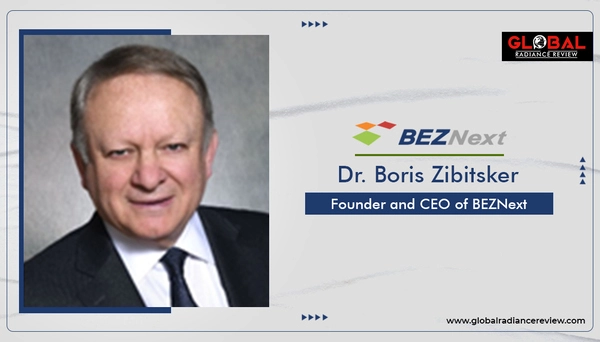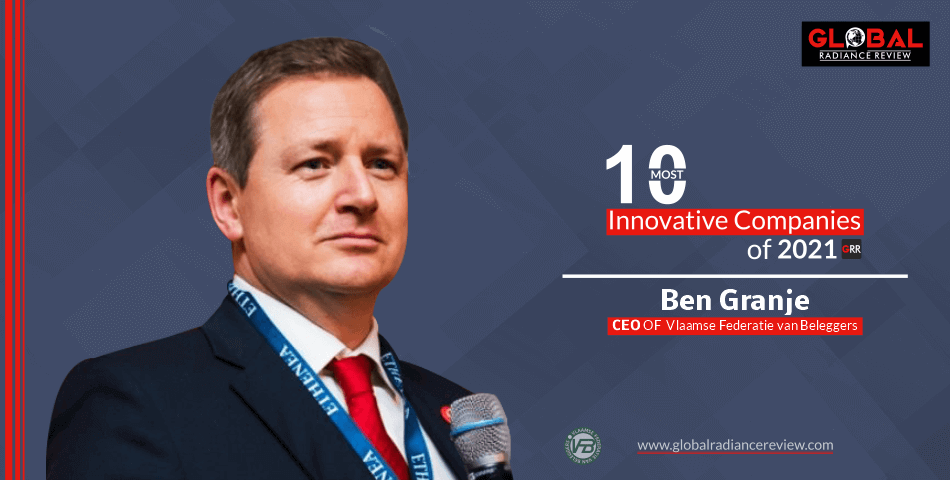The transition to the cloud is well under way for the majority of businesses. Considering all available options or setting reasonable expectations for performance and cost is a necessity before taking any decisions regarding cloud migration.
Unwelcome surprises always result from unrealistic expectations for performance and finances. Financial stakeholders are concerned about the possibility of unanticipated budget adjustments. The topic of worry for the IT stakeholders is choosing the best cloud data platforms and allocating resources to continually fulfill SLG short for business service level goals.
In this world of cloud and chaos, Dr. Boris Zibitsker brings his magic with BEZNext that offers performance optimization software with services for the Hybrid Multi-Cloud environment. In order to use predictive and optimization technology for Big Data and Data Warehouse applications, the company creates software and offers services, and training. Retail, telecommunications, insurance, banking, financial services, and government are just a few of the many industries it serves.
Backed by a team of Ph.D. consultants with years of experience and expertise in capacity planning, performance management, workload management, optimization technology, machine learning, queuing theory, and advanced analytics for big data.
We got the opportunity to talk to Dr. Boris Zibitsker, Founder and CEO, continues reading to learn more about our findings of the company and his leadership.
How did the company form? What was the idea behind joining this global platform?
I came to see that businesses and organizations depend on making judgments in real time in today's fast-paced society. This requirement makes it difficult for IT to construct Big Data systems that can handle massive amounts of data and deliver results instantly.
Tools for performance monitoring and measuring offer a lot of data and information, but they do not make recommendations that can be put into practice or forecast how different actions will turn out. People who are in charge of making judgments want forecast results in order to analyze various possibilities and technology generating prescriptions. Because of this, I decided to merge BEZNext with a business that creates performance assurance.
Technology and services, including long-term capacity planning, dynamic performance management for production workloads, and performance engineering for new applications.
What was the first product that you ever launched?
2014 saw the announcement of our first product that was for Big Data Hadoop 1x, Performance Assurance solutions. Customers pushed us to enable real-time Hadoop 2.x applications and expand our services.
What were the responses from your customers on your first launch?
Although they were encouraging, our customers insisted that we offer Hadoop 2 x applications for batch and near-real time. Users asked for actionable advice to be developed as well as dynamic performance management that can help business workload level.
How did your company’s vision expand over the years that made you come up with additional offerings and services?
In applying modeling to the improvement of business and IT choices, we have a lot of expertise. We undoubtedly benefit from our experience in complex systems modeling, forecasting, prescribing, and optimization. Furthermore We gained significant experience by collaborating with the top Big Data vendors and clients and by offering solutions to numerous Fortune 500 firms.
As part of our collaboration with IBM Big Data University, we also lend a helping hand to a number of Universities in their efforts to organize programs for data scientists. Additionally, we took part in the SPEC Big Data initiative. All of these qualities helped the business grow.
Dream Work requires teamwork. How did you and your team cope with different challenges that came in line?
BEZ Systems was my first business. In 1983, I started it, and I sold it in 2010. The secret is to have faith in one's vision, the ability to apply predictive analytics to optimize performance management and capacity planning for huge Data Warehouses, and the willingness to push through any challenges despite them.
This inspired me to start BEZNext and make Big Data Performance Assurance my primary emphasis. Together with sound financial management and assistance from our business partners, we made progress. rely on your own hard work, not on miracles.
What was your driving force throughout the process of setting this company up to the heights?
The knowledge I acquired from overcoming errors while running BEZ Systems, the widespread adoption of Big Data, and my prior work experiences served as a kind of manual for the launch of BEZNext.
Do you have any product range ready to launch that customers can expect next?
Indeed, the ones that are currently slated are as follows:
- Solutions for enterprise performance assurance
- Improvement of Performance Engineering with the use of ML for DevOps
- For the Big data environments, better Dynamic Performance Management
Final Remarks
Predictive and prescriptive analytics are used by Dr. Zibitsker to optimize business and IT decisions in his role as Founder and CEO of BEZNext. He is in charge of directing the creation of the technology and consulting services for Capacity Planning, Dynamic Performance Management, Performance Engineering, and Performance Assurance. He collaborates on capstone projects with University of Chicago graduate students and takes part in the Big Data Project as a member of the SPEC Research Group.
Dr. Zibitsker contributed to the creation of machine learning techniques for detecting performance and availability anomalies, predicting difficulties, and identifying root causes for internet and web applications while serving as CTO of Modeling and Optimization at Compuware from 2010 to 2014.
He oversaw the creation of the BEZVision Performance Prediction and Capacity Management software for Teradata, Oracle, DB2, and SQL Servers as a founder, president, and chairman of BEZ Systems (1983–2010), which was acquired by Compuware in 2010.
From 1983 until 1990 at DePaul University in Chicago, he served as an associate professor, where he taught a number of graduate-level classes on modeling computer networks and systems. He co-chaired international conferences on big data analytics and delivered seminars at universities in North and South America, Europe, Asia, and Africa as well as Northwestern University, University of Chicago, and Relational Institute. A Doctor at BSUIR Dr. Zibitsker holds both an MS and a PhD.
-black.png)










